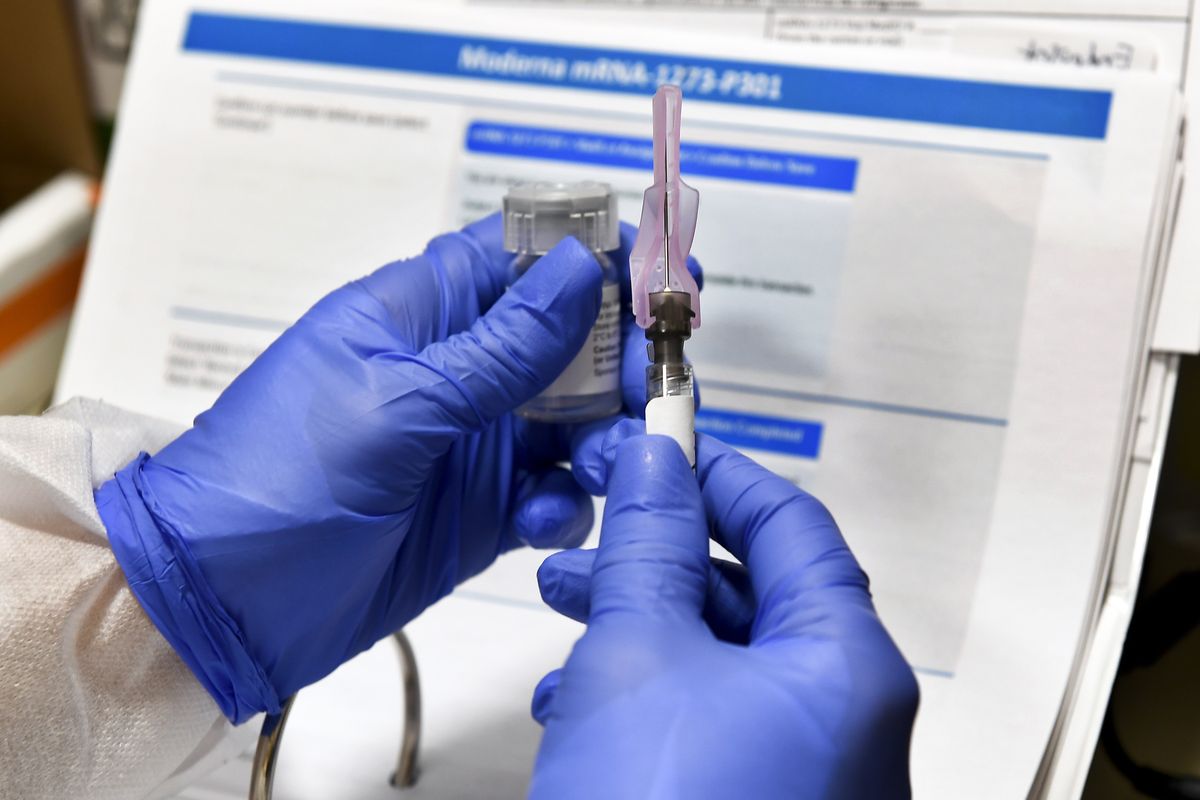Americans face new COVID-19 restrictions after Thanksgiving

Americans returning home from Thanksgiving break faced strict new coronavirus measures around the country Monday as health officials brace for a disastrous worsening of the out-of-control surge because of holiday gatherings over the long weekend.
Los Angeles County imposed a stay-at-home order for its 10 million residents, and Santa Clara County, in the heart of Silicon Valley, banned high school, college and professional sports and decreed a quarantine for those who have traveled more than 150 miles outside the county.
In Hawaii, the mayor of Hawaii County said trans-Pacific travelers arriving without a negative COVID-19 test must quarantine for 14 days, and even those who have tested virus-free may be randomly selected for another test upon arrival. New Jersey is suspending all youth sports.
The outbreak in Santa Clara County “is like a high-speed train,” health officer Dr. Sara Cody said.
“Our projections tell us that we are on target to derail by around the third week of December if we don’t apply the brakes right now with all our collective might,” Cody said.
Health experts had pleaded with Americans to stay home over Thanksgiving and not gather with anyone who didn’t live with them. Nevertheless, almost 1.2 million people passed through U.S. airports Sunday, the most since the pandemic gripped the country in March, and others took to the highways to be with family and friends.
Now they’re being urged to watch for any signs of illness and get tested right away if they experience symptoms.
Pinkey Patel, 24, is isolating at her parents’ home in San Antonio after visiting friends over the weekend and coming down with a sore throat.
Patel, who works in public health in New York City, said she had been careful, wearing masks in public and staying out of restaurants and bars. But she went to a vineyard and a friend’s home in Texas over Thanksgiving.
“I’m an extremely extroverted person and there is just so much time I can spend with my parents at home,” said Patel, who will stay away from her parents, both of whom have pre-existing medical conditions, and wear a mask inside their home for the next 14 days.
Health officials are urging people to remain vigilant until a vaccine becomes widely available, which is not expected to happen for at least a few months.
On Monday, Moderna Inc. said it will ask U.S. and European regulators to allow emergency use of its COVID-19 vaccine as new study results confirm the shots offer strong protection. Pfizer is also seeking approval for its vaccine and hopes to begin administering shots in the U.S. in December.
The virus is blamed for over 267,000 deaths and more than 13.4 million confirmed infections in the U.S. The country on average is seeing more than 160,000 new cases per day and over 1,400 deaths – a toll on par with what the nation witnessed in mid-May, when New York City was the epicenter.
A record 90,000 people were in the hospital with the virus in the U.S. as of Sunday, pushing many medical institutions to the limit.
Rhode Island’s hospitals reached their COVID-19 capacity on Monday, the same day the state’s two-week pause took effect. Under restrictions announced by Democratic Gov. Gina Raimondo, some businesses will be required to shut down, while others are restricted. Residents are also asked to limit their social circles to people in their own household.
“This will not be easy, but I am pleading with you to take it seriously,” Raimondo said in a statement.
Dr. Anthony Fauci, the government’s foremost infectious-disease expert, warned on ABC over the weekend that the country could see a “surge upon surge” of infections tied to Thanksgiving. And White House cornonavirus task force coordinator Dr. Deborah Birx told CBS that people who traveled should “assume that you were exposed and you became infected,” and get tested if they experience symptoms.